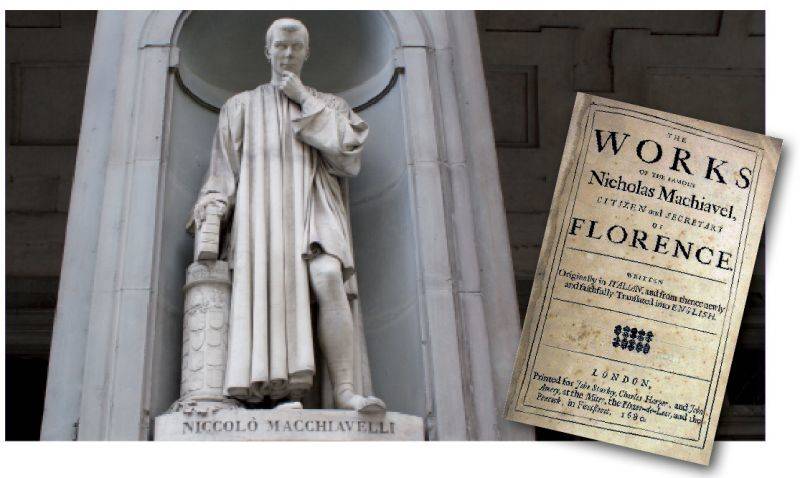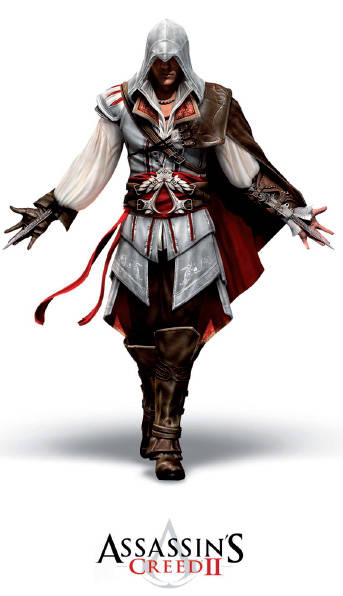The American Fortune of Niccolò Machiavelli
Machiavelli always fills the classroom. Years, decades go by. The students change, the way they dress changes, but when you offer a course on Machiavelli at an American university you can rest assured that your class will always be full. But there are always surprises. For almost 20 years I’ve been teaching Machiavelli’s theories and writings at New York University, the largest private university in the United States.
Every time I begin a course, I dedicate the first lesson to understanding why these youngsters, who come from all over the world, who take notes with their iPads, who almost don’t know how to write with a pen, who seem completely disinterested in politics, who barely know the name of the incumbent president, why they want to study the writings of the founder of modern political science. The answers vary with the times and reflect the constant and ever-ambivalent attraction of American society educated in the Italian Renaissance.
At the beginning of the 1990s, most of the students were undergraduates in business and management. At first I did not understand why they decided to move from accounting and marketing to Florence of the 1500s – and then I found out that there was a booklet circulating that treated Machiavelli’s The Prince as a kind of guide for the modern manager. These were the years of the economic boom, with billions of start-ups and the great illusion that unbridled capitalism could only grow and thrive thanks to the audacity and the lack of scruples of a new ruling class.
Then there were the Tupac years, named for the rapper born in East Harlem whose life was marked by extraordinary success (more than 75 million records sold) and incredible violence. While in prison, young Tupac discovered Machiavelli’s books and was so fascinated by his writings that he even changed his stage name to Makaveli. The gunshot that killed him at the age of 25 prevented him from deepening his discovery, but his legend lives on. During the second half of the 1990s and beyond, that myth has populated my courses with a colorful audience of students who, thanks to the conversion of their musical idol, have discovered a new way of looking at history and politics.
More recently, the television series dedicated to the Borgias, presented as a crime syndicate in the context of an ostentatious Rome during the1500s, depicted a credible Machiavelli (Julian Bleach) at the center of intrigue, plots, and conspiracies that are difficult for 20-something Americans to resist. But the real surprise has come from the last wave of students, almost all of them drawn into the classroom by a video game: Assassins Creed 2, with accurate and detailed recreations of Florence, Venice, and Rome during the Renaissance, and a billion dollar investment that involved dozens of consultants from many fields. The adviser to the protagonist (the player) is, obviously, Machiavelli – and I must say that the advice he gives is quite plausible and altogether consistent with the Machiavelli’s original writings.
But what fascinates me most when I teach Machiavelli is to see the substantial “conversion” of all students, whatever the reason that led them to enroll in the course: a rapper who was gunned down or a sophisticated yet violent video game. It is a Machiavellian conversion to realism, an appreciation for a way of writing about politics in a clear and straightforward way, while at the same time capturing the complexity and depth. Machiavelli’s aspiration to write about politics in a rigorous and scientific way, stripping away any elements of propaganda or rhetoric, reveals the major discovery to which I can “initiate” my students and that, in the end, will help train them and give them a different perspective on today’s politics.





































i-Italy
Facebook
Google+
This work may not be reproduced, in whole or in part, without prior written permission.
Questo lavoro non può essere riprodotto, in tutto o in parte, senza permesso scritto.